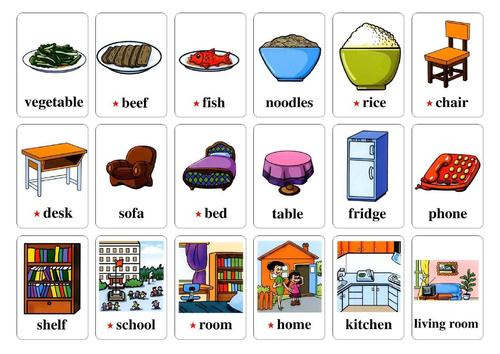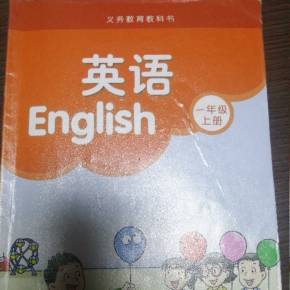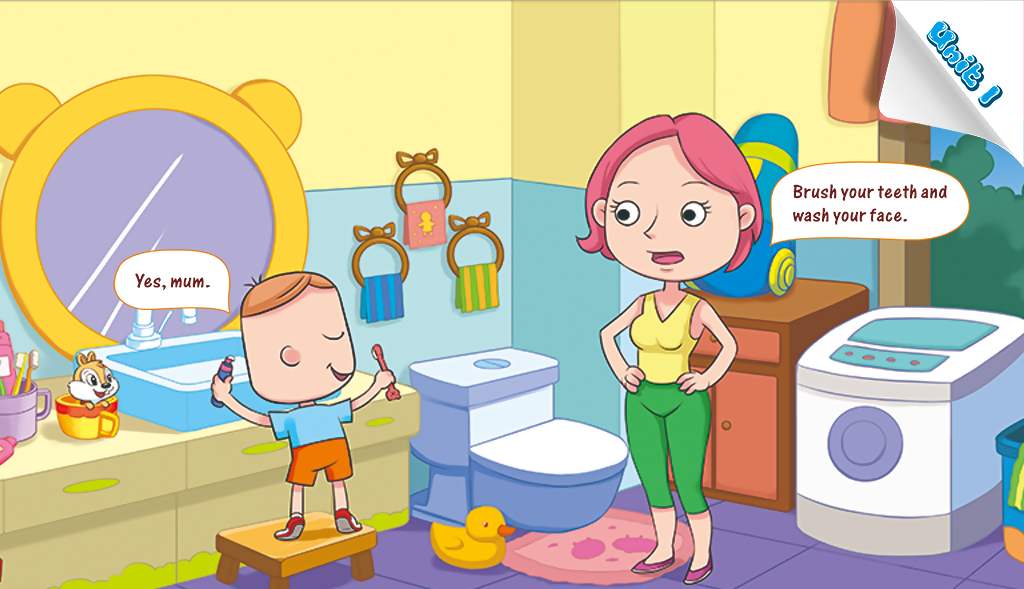既然输在起点,不要放弃,那就冲刺中间,赢在终点!下面是课件范文网小编为您推荐高二英语教学设计:《direct speech and indirect speech》。

Teaching Aims:
1 .Enable the students further to know and understand how to change Direct Speech into Indirect Speech.
2. Help the students remember all kinds of changes when we change a Direct Speech into an Indirect Speech so that they can use them freely.
Teaching Important Point:
The changes of pronounce, verbs, adverbials of time and places.
Teaching Difficult Point:
How to change some special sentences from Direct Speech into Indirect Speech..
Teaching Methods:
1. Review method to make the students gain new insights through restudying old materials.
2. Pair work or group work to enable every student to work in class.
Teaching Aids:
1. The multimedia
2 The blackboard
Teaching Procedures:
SteⅠ Greetings and Revision
1. Greet the whole class as usual.
2. Review Direct Speech and Indirect Speech.
1. Look at the screen and get an idea of Direct Speech and Indirect Speech through examples.
2. Find out the difference between direct speech and indirect speech.
(1). She said, "I won't go there any more."
She said she wouldn't come here any more.
(2). He said, "This will be finished tomorrow. "
He said that would be finished the next day.
(3). Paul said, "I visited China last year"
Paul said he had visited China the year before.
(4). "I am very glad to visit your school", she said.
She said she was very glad to visit our school.
(5). He said,"I haven't heard from my parents these days. "
He said that he hadn't heard from his parents those days.
直接引述别人的原话,叫直接引语。(直接引语一般前后要加引号 )用自己的话转述别人的话,叫间接引语。(间接引语在多数情况构成宾语从句,不用 引号)。
Step Ⅱ Revision and Discussion(Show the following on the screen.)
时态转换的一般规律:
一般现在时 一般过去时
现在进行时 过去进行时
现在完成时 过去完成时
一般过去时 过去完成时
一般将来时 过去将来时
过去完成时 不变
过去进行时 不变
时间状语、地点状语及某些对比性的指示代词和动词变化:
直接引语
间接引语
人称 I we
he 或 she they 指示代词 this these that those
地点状语 here there
动词 come bring go take 时 间 状 语 now then
today
that day tonight
that night yesterday
the day before tomorrow
the next (following ) day last month (week, etc.)
the month (week, etc.) before next month (week, etc.)
the next (following) month (week, etc.) four months (week, etc.) ago
four months (weeks, etc.) before the day after tomorrow
two days later
StepⅢ Practice
Put the sentences into Indirect Speech:
1. He said,"I am very sorry. "
He said that he was very sorry.
2. "You should be more careful next time,"my father told me.
My father told me that I should be more careful the next time.
3. She said to her son, "I'll check your homework tonight."
She said to her son that she would check his homework that night.
4. Tom said, "We are listening to the pop music "
Tom said that they were listening to the pop music.
5. He said, "I have left my book in your room."
He told me that he had left his book in my room.
6. He said, "I am busy."
He said that he was busy.
7. Betty said, "I'll be waiting for your call."
Betty said that she would be waiting for my call.
直接引语如果是陈述句,变为间接引语时,用连词that引导(that在口语中常省略)从句中的人称、时态、指示代词、时间状语、地点状语等都要作相应的变化。
Step Ⅳ Test
1. You needn't have come over." She said to him.
2. The teacher said, "I'll try to give you some easier examples tomorrow morning.
3. He said that this was his fault and promised to be more careful next time.
4. "Where have you been all the time and where have you been doing?" Jack asked me.
5. "Are you sure they will agree to come this evening?'' She asked me.
6. They asked the teacher whether he could go to their bedroom that night to help them with their English grammar.
7. "Go at once," the officer said to his man.
8. He asked me to go there again the next day.
Suggested answers:
1. She told John that he needn't have gone there.
2. The teacher said that he would try to give us some easier examples the next morning.
3."This is my fault and I will be more careful next time,"he said.
4. Jack asked me where I had been all the time, and what I had been doing.
5. She asked me whether I was sure they would agree to come that evening.
6."Could/Can you go to our bedroom tonight to help us with our English grammar?"they asked the teacher.
7. The officer ordered his men to go at once.
8."Come here again tomorrow,"said he.
Step Ⅴ Summary and Homework
Today we've reviewed the Indirect Speech. When we change Direct Speech into Indirect Speech, we should pay attention to the changes of pronouns, adverbials, verbs and tenses, especially to the changes of personal pronouns. After class, review the Indirect Speech and finish the following exercises on your exercise books. See you tomorrow!
(Show the following on the screen.)
Change the following sentences into Indirect Speech:
1."I wish you health and success in the new year,"she said.
2.The teacher said to Tom,"Be careful, think before you answer."
3.He asked,"Are you sure your mother will come?"
4."What shall I do with your mail when you're away?"
5."Is the book open or closed?"
6."He didn't like music, did he?"Jack asked.
7."I won't be free tonight. I'll be giving the students a lecture,"he said.



